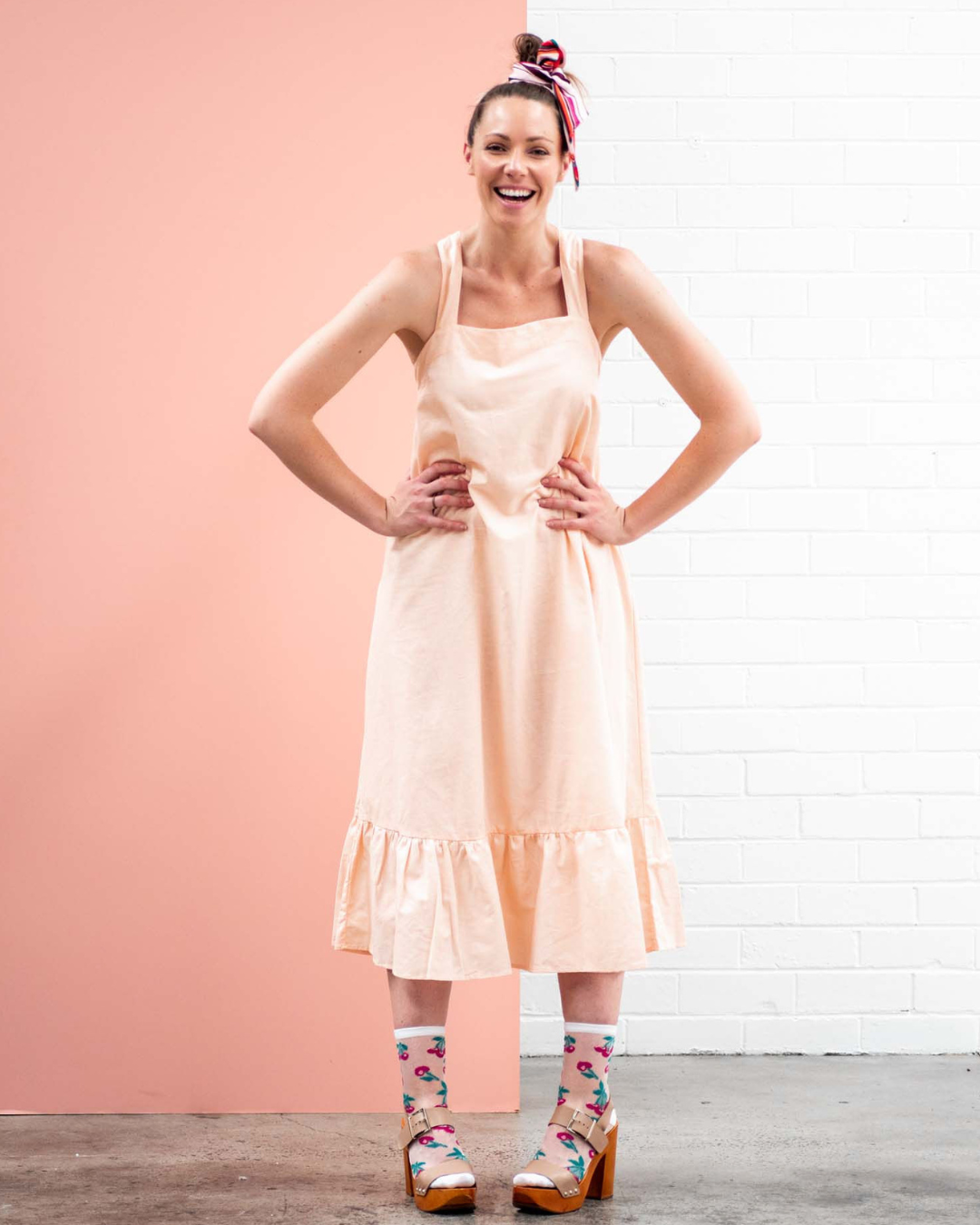'Fashion' isn't just fashion anymore. There's fast fashion, ultra-fast fashion, sustainable fashion, ethical fashion, slow fashion... What was once a simple garment is now a complicated system of supply chains, social implications, and sustainability issues.
And the 'bad' fashion makes things tough for 'good' fashion. So what's the bad stuff? Fast fashion, ultra-fast fashion, throwaway fashion—the clothes made by the likes of Temu, Shein, and Zara.
The fast fashion industry has revolutionised clothing consumption, but not for the better. It prioritises rapid production and low prices, but this convenience comes at a devastating environmental cost.
The fashion industry produces 100 billion garments each year, and 92 million tonnes of them end up in landfill—a figure projected to rise to 134 million tonnes by 2030 if our shopping habits don’t change.
The numbers don't lie.
Fast fashion’s business model relies on overproduction and overconsumption. Consumers purchase 60% more clothing today than 20 years ago but keep each item for only half as long.
We’re living in a throwaway culture—and it’s taking a toll. When synthetic materials like polyester, nylon, spandex, and acetate end up in landfills, they don’t biodegrade. And every time these garments are washed, they release microplastics into our waterways, contributing to marine pollution.
Between 200,000 and 500,000 tonnes of microplastics from textiles enter the global marine environment each year, and 35% of all microplastic particles in the ocean come from the fashion industry.
This isn’t just an industry problem.
This is a global crisis.
Fast fashion’s environmental consequences are far-reaching, especially for countries that bear the burden of Western overconsumption.
In Ghana, 15 million discarded garments arrive every week, flooding local markets. 40% of this clothing becomes waste, overwhelming waste management systems and polluting ecosystems.
This is no longer an "us vs. them" issue—fast fashion impacts us all.
So what do we do about it?
Well first, we need to set the story straight. Fashion isn't the problem—fast fashion is the problem.
Addressing the waste and exploitation caused by fast fashion requires an industry-wide shift toward sustainability, ethics, and circularity. It takes courage and guts to do the right thing in fashion, and it takes bold action.
If you run an ethical, sustainable, circular, handmade, or slow fashion brand, you already hold part of the solution. Now, it’s time to scale your impact and reach more conscious consumers.
Design for durability over disposability. Quality and longevity reduce waste and build brand trust.
Think circular. Recycling, upcycling, and closed-loop production help minimise environmental impact.
Educate your customers. Consumers want sustainability, they're asking for it. 73% of Gen Z shoppers say they are willing to pay more for sustainable fashion, but many don’t know how to identify it. This is your opportunity.
If we want to undo the damage fast fashion has caused, we need to push for better alternatives—ethical production, environmental responsibility, and mindful consumption. By prioritising quality over quantity, we can reshape the industry.
If you're a slow fashion founder who wants to increase your impact, build a profitable brand, and grow without competing on price, I want to show you how.
If you’re serious about growing a profitable slow fashion brand without sacrificing your values, I’m diving deep into these strategies in my upcoming workshop. Join me for this month’s LIVE online workshop, F*ck Fast Fashion: The 7 Secrets of Successful Slow Fashion Brands*, where I’ll share practical strategies to help you stand out and scale ethically.
Because, f*ck fast fashion. Are you with me?
Claire x




